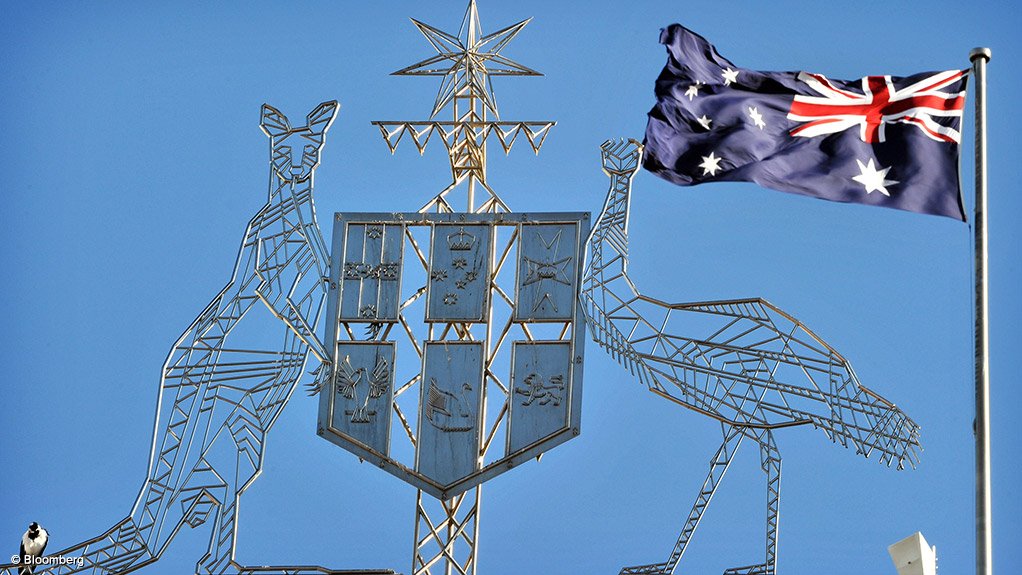PERTH (miningweekly.com) – The Minerals Council of Australia (MCA) has proposed a number of measures to boost Australia’s international engagement in its submission to the federal government’s Foreign Policy White Paper, calling on the government to pursue further trade liberalisation, maintain an open foreign investment regime and foster greater engagement in meeting Asia’s energy and infrastructure needs.
A cross agency taskforce has been established within the Department of Foreign Affairs and Trade to develop the White Paper as a framework for international engagement over the next five to ten years.
MCA CEO Brendan Pearson said on Tuesday that the industry body had also proposed the strengthening of Australia’s ability to deal with "geo-economic" challenges by forming a new national economic and security council, bringing together senior Ministers, foreign, defence and security officials, as well as senior business leaders.
The MCA’s submission focused on the contribution that Australia’s minerals and energy exports made to the country’s economic and strategic relationships, noting that, in 2016, the country supplied over 60% of China’s iron-ore imports and more than half of its metallurgical coal imports. Australia also supplied two-thirds of Japan’s energy coal imports and about half of its coking coal needs and about 40% of Taiwan’s energy coal requirements.
“Our trading relationship with China alone generates more than 5% of our gross domestic product,” Pearson said.
“There is a further, less understood dimension to this relationship of deep economic interdependence.
“Australia’s close trading relationship with East Asia means we have a big indirect stake in the exports of our regional trading partners. MCA analysis shows that there is more than $57-billion in Australian value add embedded in East Asian exports, including $27-billion of minerals and energy exports.”
The MCA’s submission also identified emerging trends that pose risks to Australia’s importance in the Asia Pacific region, including growing strategic competition in the Asia Pacific with the risk of disputes escalating into serious trans-Pacific trade conflicts, and the slowing world trade growth accompanied by a backlash against globalisation, rising protectionist sentiment and stalled momentum for trade liberalisation.
The MCA’s submission also highlighted a growing tendency for countries to pursue geo-economic strategies by deploying economic instruments to advance their political and strategic goals – and vice versa.
The submission argued that the White Paper should map out how Australia will respond to these challenges, through both international and domestic policy.
Edited by: Chanel de Bruyn
Creamer Media Senior Deputy Editor Online
EMAIL THIS ARTICLE SAVE THIS ARTICLE
ARTICLE ENQUIRY
To subscribe email subscriptions@creamermedia.co.za or click here
To advertise email advertising@creamermedia.co.za or click here













